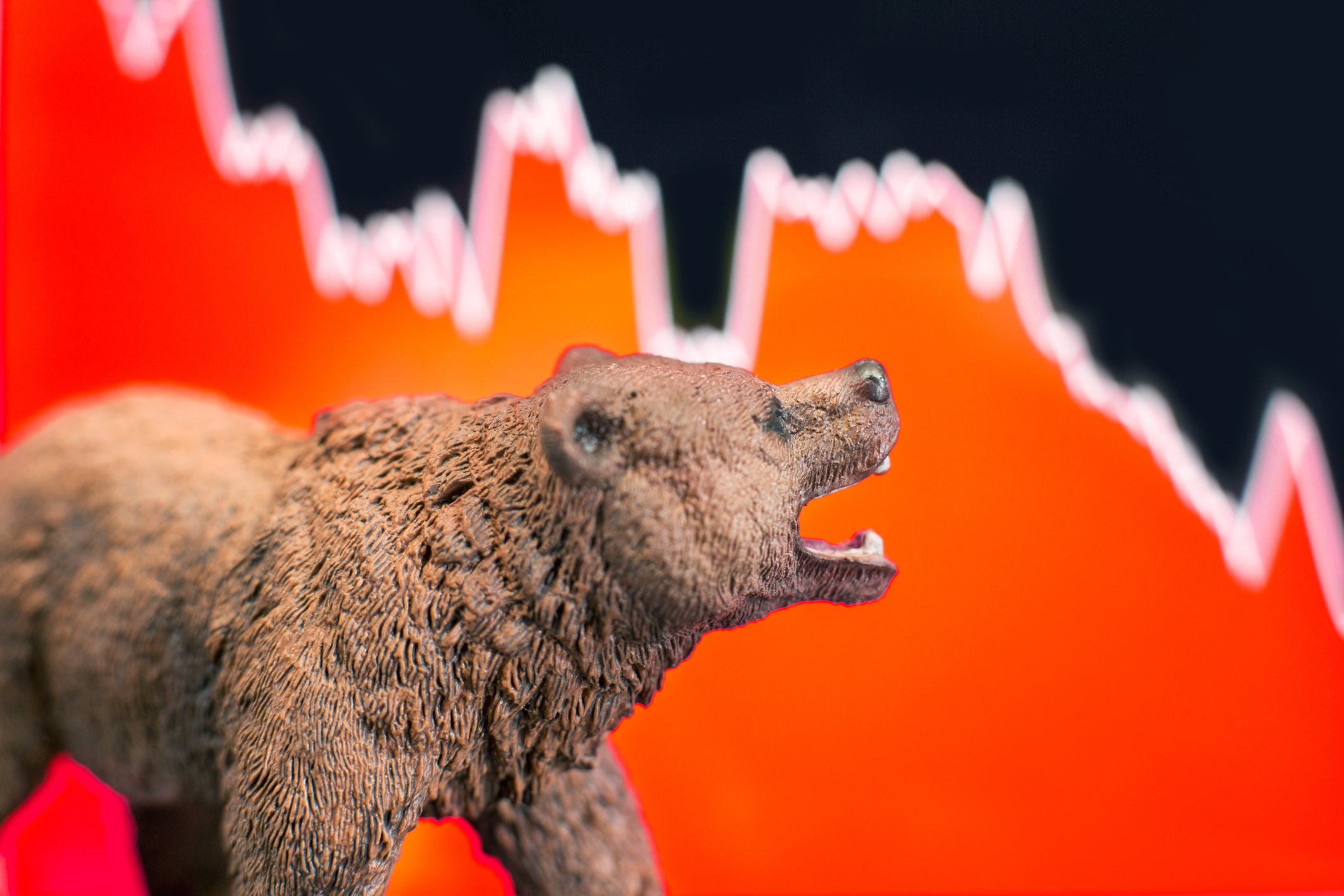When it comes to income generation and stability, nothing is arguably more rock-solid than Dividend Aristocrats -- an elite group of a few dozen stocks that have increased their annual payouts for at least 25 consecutive years. Since 1991, Dividend Aristocrats have absolutely routed the S&P 500 in terms of overall performance.
Given their long-term success, we asked our team of Foolish contributors to come up with three top Dividend Aristocrats they'd recommend investors consider adding to their portfolios for the long haul. Rising to the top of the pack were healthcare conglomerate Johnson & Johnson (JNJ +1.02%), independent ratings agency S&P Global (SPGI 11.42%), and soft-drink powerhouse PepsiCo (PEP +4.93%).

Image source: Getty Images.
How does a 55-year dividend increase streak sound?
Sean Williams (Johnson & Johnson): Becoming a Dividend Aristocrat is difficult enough, but to do what healthcare conglomerate Johnson & Johnson has done and raise its payout for 55 consecutive years is truly phenomenal. If you're looking for an income juggernaut to buy and hold for the long term, here are a handful of reasons to consider choosing J&J.
For starters, Johnson & Johnson's business structure sets the company up for long-term success. Instead of just operating as a giant company, J&J consists of more than 250 subsidiaries, which makes it relatively easy to divest slower-growing assets and acquire fast-growing complementary businesses without so much as a hiccup from its top or bottom line.
Speaking of its business, a second reason to consider owning J&J is its operating segments. The company's three core segments include pharmaceuticals, medical devices, and consumer health products. Each division bring something important to the table. For example, pharmaceuticals offers the high margin and growth potential that today's investors are looking for. Medical devices, while slow-growing at the moment, offer a long-tail growth opportunity as the global population ages and medical procedure demand grows for quality of life reasons. Finally, consumer health products are slow-growing, but they pack a healthy pricing power punch and deliver predictable cash flow.

Image source: Johnson & Johnson.
J&J's cash flow and operating profits are another reason to feel confident about its long-term outlook. The company has generated between $12.5 billion and $15.8 billion in free cash flow over each of the past five years, and it's one of just two publicly traded companies to bear Standard & Poor's highest credit rating, AAA. This rating implies that S&P has the utmost confidence in J&J's ability to meet its debt obligations.
One final aspect that can't be overlooked is that as a healthcare giant, J&J serves a predominantly inelastic business. People can't control when they get sick or what ailment they contract, meaning demand for its drugs, devices, and consumer products tends to be consistent regardless of how well or poorly the U.S economy is performing.
J&J is a Dividend Aristocrat that'll have you sleeping with ease at night.
A cash-cow business with massive margin
Jordan Wathen (S&P Global): S&P is the hallmark of extraordinary profitability. All three of its business lines are market leaders with pricing power that should fuel high-single-digit earnings growth for years to come.
Its core business is, and will probably always be, the bond ratings business. When a company like Wal-Mart wants to issue bonds to sell to investors, it hires a bond ratings company such as S&P, Moody's, or Fitch. Rated bonds tend to carry lower interest rates; thus, the borrower (Wal-Mart, in this case) might pay millions of dollars to S&P to get a rating but save tens of millions of dollars in interest over the life of the bond.

Image source: Getty Images.
All the data S&P Global collects through its ratings business gives it an edge in its other service and subscription businesses, which together form its markets and intelligence unit. This unit sells data on subscription to banks, insurance companies, and other investors, which use the data to make better lending and investing decisions.
Finally, S&P owns some of the best-known stock and bond indexes on the planet, which are licensed for a fee. For example, the SPDR S&P 500 ETF pays S&P Global a fee equal to 0.03% of its assets each year just to use the S&P 500 name for its fund. This is an extremely lucrative business that has a natural tailwind toward larger profits as more money flows into index funds and ETFs.
With a payout ratio of less than 18% in the trailing-12-month period, S&P Global has plenty of room to increase its cash dividends to investors. Though the 1% yield may seem paltry today, I expect the company to increase its payouts at a double-digit rate for years to come, fueled by a high-single-digit increase in earnings over the long haul. That makes it my favorite pick of any dividend aristocrat.
A consumer-goods standout
Keith Noonan (PepsiCo): Even among the esteemed Dividend Aristocrat stocks, PepsiCo has a reputation for being one of the preferred places for investors to cast their lot in pursuit of ongoing income growth. That's not to say you should always follow the crowd, but it's easy to see why the stock is a favorite.

Image source: Getty Images.
The company has a 45-year stretch of consecutive increases to its annual payout, with an average annual increase of 8.4% over the past five years and 7.9% over the past decade. Continued dividend growth within that range is an attractive proposition, with the stock already yielding 2.8%, and it looks as if the company is in position to deliver. At roughly 63%, Pepsi's payout ratio isn't exactly low, but it's also far from the danger zone, and the company appears to have avenues to continued earnings and free cash flow growth.
The company has a range of initiatives under way that are creating new efficiency across its supply chain, many of which are also reducing its environmental footprint. As of the company's last fiscal year, its environmental-sustainability initiatives alone had generated $600 million in cost savings, and other efforts to create savings through data-driven improvements and automation will probably produce sustained earnings momentum.
Backed by an impressive stable of valuable brands and a diversified product line, PepsiCo continues to look like a top dividend stock to own for the long term.








